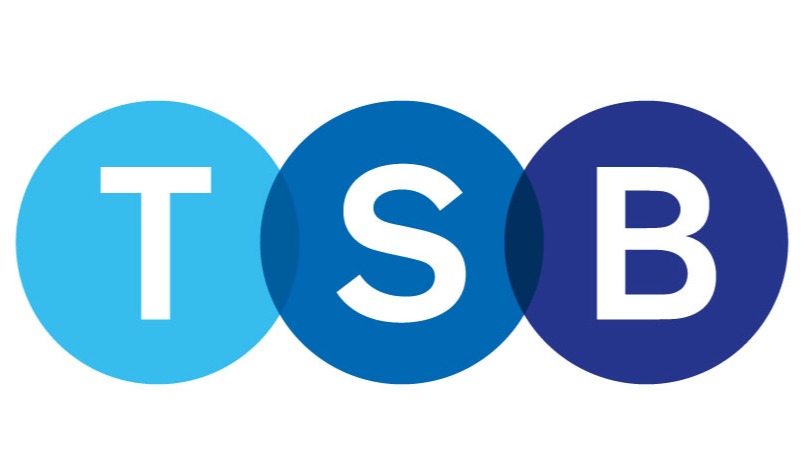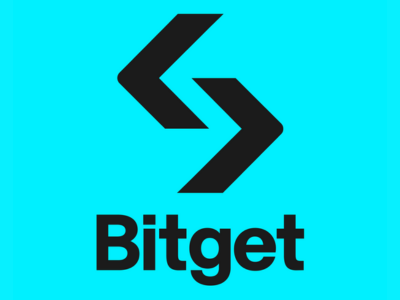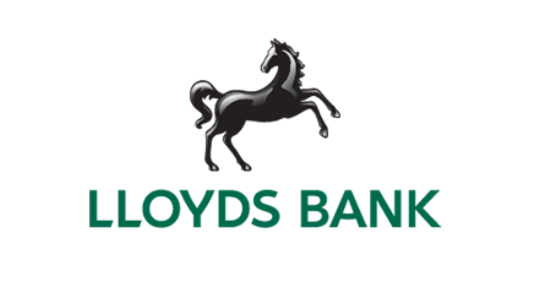Crypto wallet Bitget is launching a zero-fee crypto card in the UK and EU which allows users to pay in cryptocurrency across the more than 150 million merchants accepting Mastercard worldwide.
The initiative, created in collaboration with Mastercard and multi-cloud specialist Immersve, enables consumers to pay with real-time, onchain payments by connecting Web3 wallets with Mastercard's global network.
Bitget chief marketing officer Jamie Elkaleh said that the move comes as most existing cryptocurrency cards rely on deposit flows, high fees or delayed settlements.
The Bitget Wallet Card aims to solve these issues with a zero annual and top-up fee structure, instant digital approval, direct onchain top-ups and a fully self-depositing experience, seeking to remove friction between Web3 wallets and the real world.
Elkaleh said the launch comes at a time when both users and the payment infrastructure are ready to boost everyday cryptocurrency spending.
Citing data from the European Central Bank, he said that cryptocurrency card transactions of less than €10 now account for 45 per cent of activity, reflecting the growing micro-spending behaviour once dominated by cash.
“Moreover, 40 per cent of crypto card transactions occur online, nearly double the average for euro-area cards, signalling that users increasingly expect digital-native payment experiences,” he added.
Talking about the partnership between the three firms, Elkaleh said: “Bitget Wallet powers the onchain interface and user-controlled experience; Immersve acts as the licensed issuer, providing settlement rails and regulatory infrastructure; and Mastercard enables access to a global merchant network.”
The marketing head said that the introduction in the UK and EU was “intentional”.
“These are highly regulated but also digitally mature markets where users are already comfortable with card payments, wallet apps, and FinTech tools,” he added.
The company said it’s also planning to launch the crypto card in Latin America, Australia and New Zealand.
“In Latin America, we see high adoption of stablecoins for remittances and everyday transactions; in Australia and New Zealand, the regulatory landscape is more clearly defined, and consumer familiarity with digital finance makes them ideal next-stage markets,” Elkaleh said.
Latest News
-
Gemini to cut quarter of workforce and exit UK, EU and Australia as crypto slump forces retrenchment
-
Bank ABC’s mobile-only ila bank migrates to core banking platform
-
Visa launches platform to accelerate small business growth in US
-
NatWest to expand Accelerator programme to 50,000 members in 2026
-
BBVA joins European stablecoin coalition
-
eToro partners with Amundi to launch equity portfolio with exposure to ‘megatrends’
Creating value together: Strategic partnerships in the age of GCCs
As Global Capability Centres reshape the financial services landscape, one question stands out: how do leading banks balance in-house innovation with strategic partnerships to drive real transformation?
Data trust in the AI era: Building customer confidence through responsible banking
In the second episode of FStech’s three-part video podcast series sponsored by HCLTech, Sudip Lahiri, Executive Vice President & Head of Financial Services for Europe & UKI at HCLTech examines the critical relationship between data trust, transparency, and responsible AI implementation in financial services.
Banking's GenAI evolution: Beyond the hype, building the future
In the first episode of a three-part video podcast series sponsored by HCLTech, Sudip Lahiri, Executive Vice President & Head of Financial Services for Europe & UKI at HCLTech explores how financial institutions can navigate the transformative potential of Generative AI while building lasting foundations for innovation.
Beyond compliance: Building unshakeable operational resilience in financial services
In today's rapidly evolving financial landscape, operational resilience has become a critical focus for institutions worldwide. As regulatory requirements grow more complex and cyber threats, particularly ransomware, become increasingly sophisticated, financial services providers must adapt and strengthen their defences. The intersection of compliance, technology, and security presents both challenges and opportunities.
© 2019 Perspective Publishing Privacy & Cookies














Recent Stories